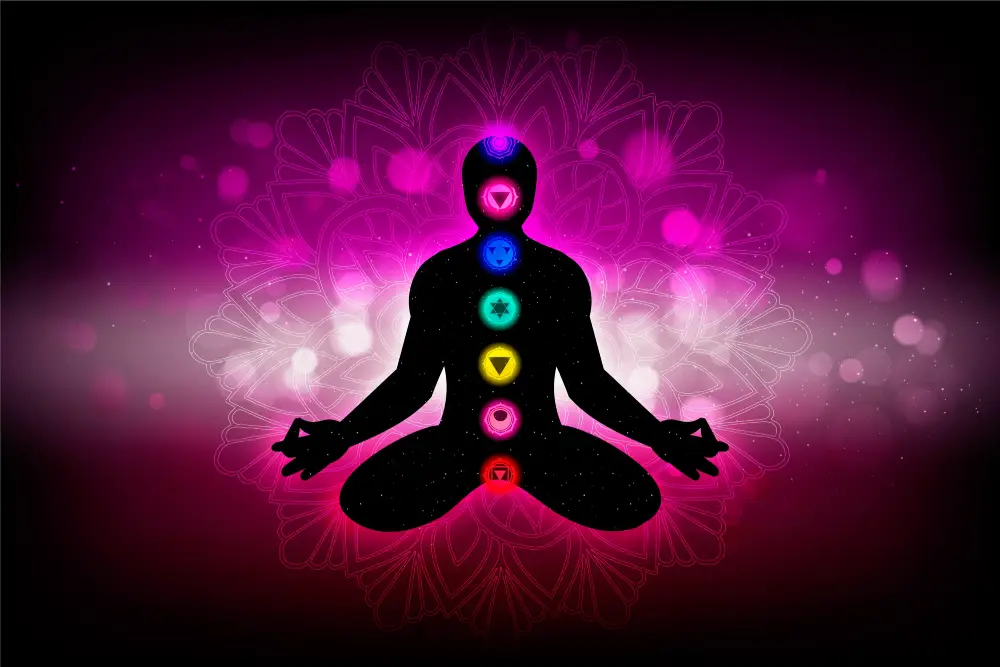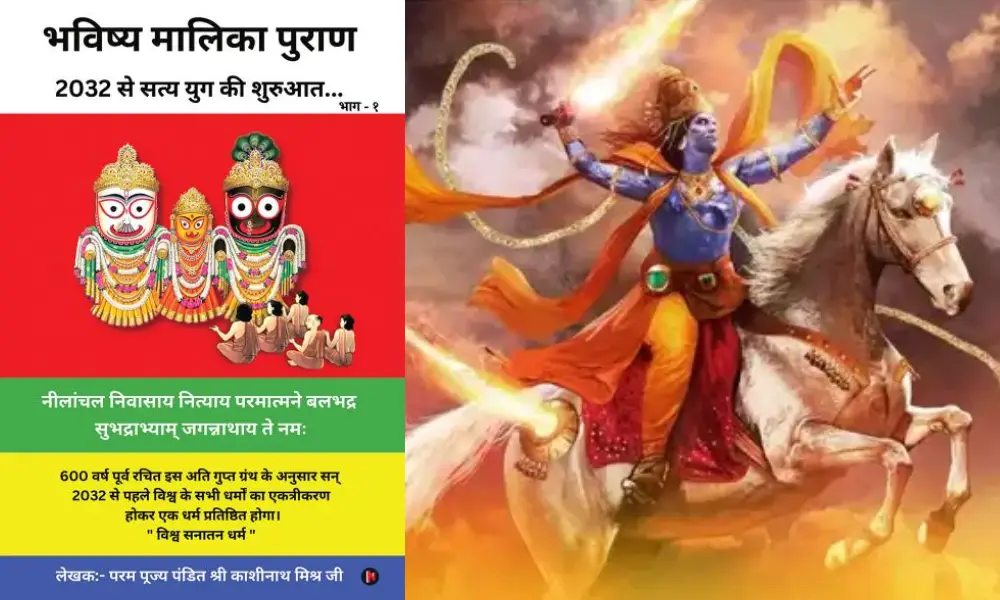There are many different concepts and beliefs about what happens after death in various cultures and religions.
Hinduism and Buddhism
In Hinduism
The concept of reincarnation, or the cycle of birth, death, and rebirth, is central to understanding the nature of existence. According to Hindu belief, the soul is eternal and continues to be reborn in different forms, with the ultimate goal being to reach a state of spiritual enlightenment and liberation from the cycle of reincarnation.
In Buddhism
The concept of reincarnation is also present, but it is understood in a slightly different way. According to Buddhist belief, the individual self is an illusion, and what is reborn is not the same self, but rather a continuation of the same stream of consciousness. The ultimate goal in Buddhism is to reach a state of enlightenment and release from the cycle of rebirth.
In both religions, the concept of Karma plays a significant role in determining the nature and circumstances of one's rebirth. Karma refers to the principle that actions have consequences and that one's actions in this life will determine the nature of one's next rebirth. In both Hinduism and Buddhism, the ultimate goal is to attain liberation from the cycle of rebirth and attain a state of spiritual enlightenment.
Christianity, Islam, and Judaism
In Christianity
The belief in an afterlife centers around the concept of heaven and hell. Those who have accepted Jesus Christ as their savior and lived a righteous life are believed to go to heaven, while those who have rejected Christ and lived a sinful life are believed to go to hell.
In Islam
The belief in an afterlife is called "akhirah" and it is central to the faith. Muslims believe that after death, the soul will be judged by Allah and sent to either paradise (Jannah) or hell (Jahannam). The righteous will be rewarded with eternal life in paradise, while the wicked will be punished in hell.
In Judaism
The belief in an afterlife is not as prominent as in Christianity or Islam. However, the concept of Sheol, a place of darkness and the dead, is present in the Hebrew Bible and the Talmud. Some Jews also believe in the concept of Gan Eden (Hebrew for "Garden of Eden") and Gehenna (a place of punishment), which are similar to the Christian concept of heaven and hell.
Atheism, Secular humanism, Greece and Rome, etc
Atheism and secular humanism are worldviews that do not include belief in an afterlife. Atheists do not believe in a deity or deities, and secular humanists generally believe that morality and ethics should be based on reason and humanity rather than religious beliefs.
Ancient Greece and Rome had a variety of religious beliefs and practices, and different individuals and groups may have held different views on the afterlife. However, many ancient Greek and Roman beliefs about the afterlife were not centered around the idea of eternal life, but rather the idea of a soul or spirit that would be judged and sent to a specific afterlife realm, such as the underworld, based on their actions in life, the soul ceasing to exist after death.
Scientific Evidence
It is important to note that there is no scientific evidence for any of these concepts, and what happens after death remains a mystery. The afterlife is a subject of debate, speculation, and interpretation, and people's beliefs in it are shaped mainly by their cultural and religious backgrounds.
Additionally, some belief in near-death experiences, which refer to a phenomenon where people who are close to death, either due to injury or illness, report having a profound spiritual or transcendental experience. These experiences often include feelings of peace, a sense of detachment from the physical body, and a sense of moving through a tunnel toward a bright light. However, the scientific explanations for near-death experiences are still under debate and investigation.
Conclusion
The concept of the afterlife is a complex and multi-faceted topic, with many different beliefs and theories. It is a subject that has been pondered by people for centuries and continues to be a source of fascination and debate today.





